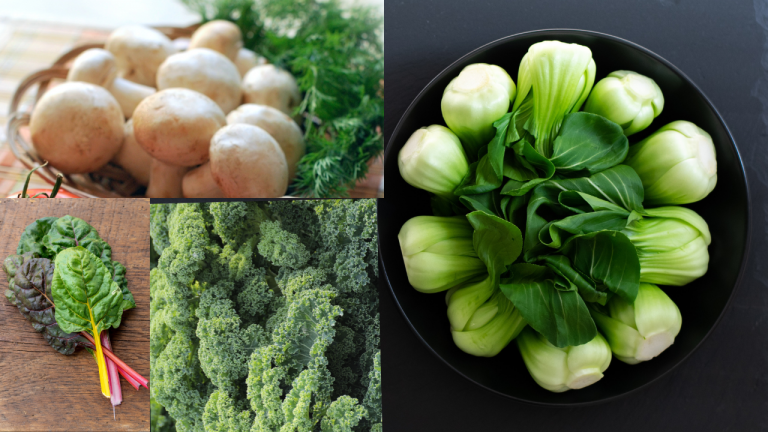Why do People Claim Eggs and Dairy are Vegetarian When “Vegetarianism” was Originally Plant-Based?

Vegetarianism is a dietary practice that has evolved over time and can vary depending on cultural and personal beliefs. The definition of vegetarianism can also differ depending on who you ask, and there is no single definition that is universally accepted.
Traditionally, vegetarianism was considered a plant-based diet that excluded meat, poultry, and fish, but allowed for the consumption of dairy and eggs. This type of vegetarianism is still widely practiced today and is commonly referred to as lacto-ovo-vegetarianism.
The inclusion of dairy and eggs in lacto-ovo-vegetarianism is based on the belief that these animal products can be obtained without causing harm or death to the animal. Vegetarians who consume dairy and eggs often argue that these products are not the result of animal slaughter, as is the case with meat, and therefore do not conflict with their ethical or moral values.
While some people may argue that true vegetarianism is a strictly plant-based diet that excludes all animal products, including dairy and eggs, this is not the definition that has been historically recognized by many vegetarian communities and organizations.
Ultimately, the decision to include or exclude dairy and eggs from a vegetarian diet is a personal choice based on individual beliefs and values. It is important for individuals to do their own research and make informed decisions about their dietary choices based on their own beliefs and values.



